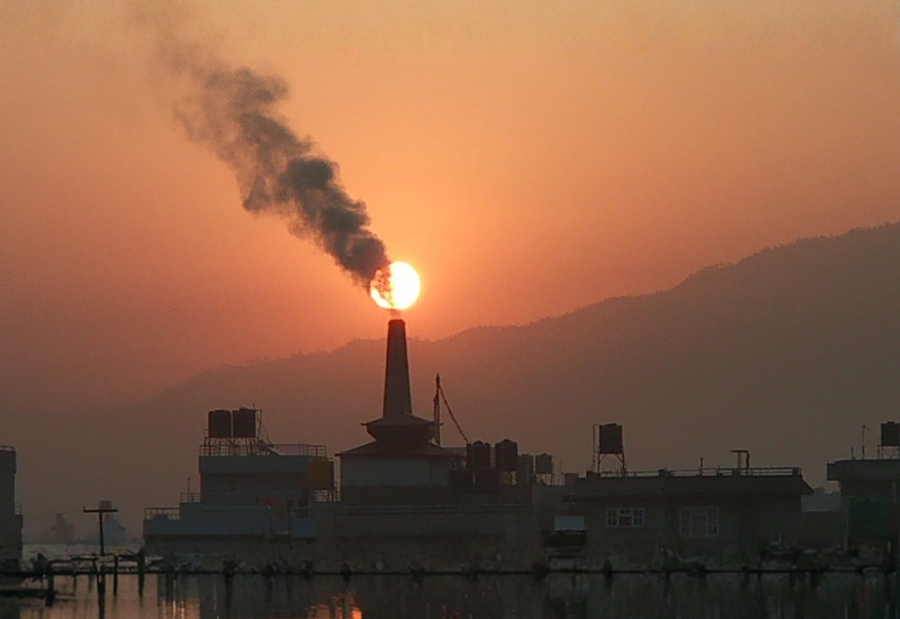Air quality in southwest Memphis, Tennessee, has changed very little since an Elon Musk-owned artificial intelligence company opened a data center in the area. Residents of nearby neighborhoods have long faced high levels of industrial air pollution, making them more likely to develop health problems, including cancer, than the average American. Our analysis found that the new data center caused only a slight increase in pollution.
The xAI Supercluster began operations on September 1, 2024, powered by natural gas turbines that were running even before the company applied for the required air pollution permits. Combustion from these turbines releases pollutants such as fine and coarse particulate matter, nitrogen dioxide, sulfur dioxide, and chemicals including benzene, toluene, ethylbenzene, and xylenes. These compounds are linked to respiratory and cardiovascular diseases, neurological problems, cancers, and higher mortality.
Southwest Memphis is home to predominantly Black communities with low incomes, where fine particulate matter, or PM2.5, has long been at or near federal safety limits. Residents feared that the new facility would worsen these pollution levels.
Because there are no permanent air-quality monitors near the data center, researchers used satellite data, company-provided turbine emission reports, and third-party ground measurements to evaluate pollution before and after the facility began operating. Two neighborhoods were studied: Boxtown, 2.5 miles east of the facility, and Riverview, 6.8 miles northeast.
Computer modeling showed that emissions from xAI’s turbines contributed minimally to local air pollution. Concentrations of sulfur dioxide, carbon monoxide, and nitrogen dioxide remained below national standards, and fine particulate matter increased by only about 1 percent, on top of already elevated levels.
Satellite measurements and an independent two-day monitoring campaign in June 2025 confirmed that pollution levels matched model predictions. However, the monitoring could not detect trace amounts of benzene, toluene, ethylbenzene, xylenes, or sulfur dioxide.
The analysis concludes that, as of the study, the xAI turbines had not measurably worsened air quality. Researchers note that any changes to turbine operations or malfunctions could alter emissions. They recommend sustained, community-based monitoring to better understand pollution levels and protect public health in southwest Memphis.
Also read: Viksit Workforce for a Viksit Bharat
Do Follow: The Mainstream formerly known as CIO News LinkedIn Account | The Mainstream formerly known as CIO News Facebook | The Mainstream formerly known as CIO News Youtube | The Mainstream formerly known as CIO News Twitter |The Mainstream formerly known as CIO News Whatsapp Channel | The Mainstream formerly known as CIO News Instagram
About us:
The Mainstream formerly known as CIO News is a premier platform dedicated to delivering latest news, updates, and insights from the tech industry. With its strong foundation of intellectual property and thought leadership, the platform is well-positioned to stay ahead of the curve and lead conversations about how technology shapes our world. From its early days as CIO News to its rebranding as The Mainstream on November 28, 2024, it has been expanding its global reach, targeting key markets in the Middle East & Africa, ASEAN, the USA, and the UK. The Mainstream is a vision to put technology at the center of every conversation, inspiring professionals and organizations to embrace the future of tech.




